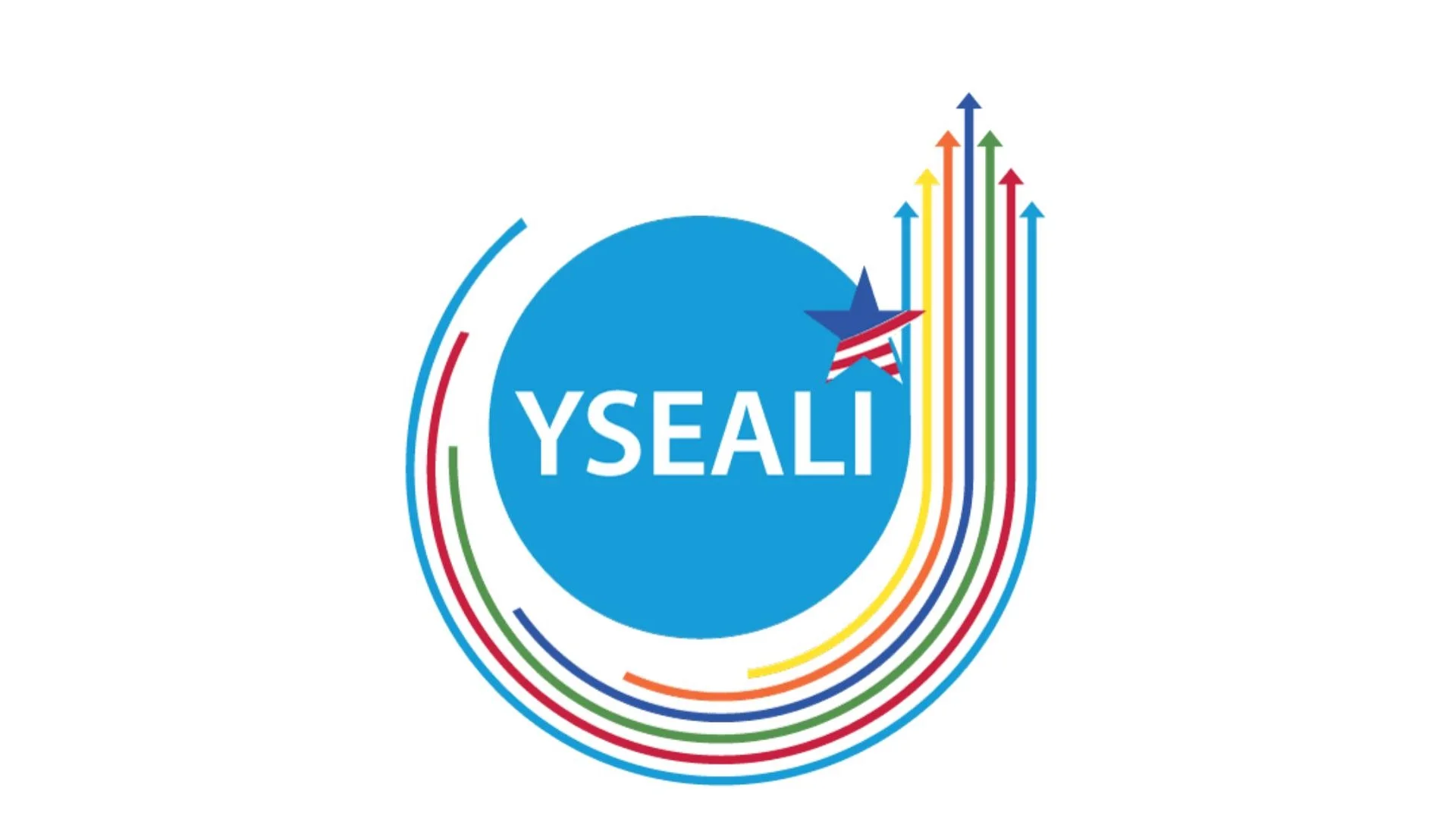The “At Peace Teachers – Strong Students” project was developed in response to concerns about the lack of mental health resources for teachers, particularly those working in post-disaster environments. Project organizers observed that educators were often required to provide emotional support to students while having limited access to tools or spaces for managing their own stress. This situation led to increased fatigue among teachers and had a broader impact on classroom dynamics.
Insights from various mental health studies have shown that unaddressed teacher stress can transfer to students, affecting overall classroom well-being. The project challenges the idea that teacher well-being is secondary and instead promotes the view that supporting teachers leads to stronger classrooms.
Project leaders noted a pattern of neglect regarding teacher mental health, which is often not openly discussed. They identified stigma and resource shortages as major barriers, especially after disasters. Conversations with mental health professionals and observations within schools highlighted an urgent need for practical solutions.
The initiative aims to strengthen mental health support by prioritizing educator well-being in schools. It seeks to empower teachers with skills to recognize signs of emotional strain, access reliable support tools, and foster open discussions about mental health issues.
To meet these goals, the project will offer interactive workshops focused on skill-building and distribute a specialized handbook with accessible resources for teachers. A podcast series will also be launched to maintain ongoing engagement and provide continued support.
Support from YSEALI Seeds has been essential in launching the project by providing funding and connecting organizers with stakeholders. The guidance received through mentorship programs has helped refine strategies, while networks coordinated by YSEALI are expected to facilitate further resource sharing and partnerships.
The project has established formal agreements with local authorities such as the education department in Thai Nguyen and participating schools. These memorandums of understanding signal strong commitment from all involved parties. Volunteers have been recruited and trained, while social media pages on Facebook and LinkedIn have been set up to keep communities informed.
Initial feedback from partner schools and authorities has been positive, highlighting trust built through collaboration. Organizers have learned about the importance of culturally sensitive communication and flexible planning due to teachers’ schedules. Feedback underscores the value of providing practical tools alongside sustained support beyond initial workshops.
Looking ahead, project leaders plan a direct needs assessment with teachers to better understand their specific challenges. This approach is intended to ensure future activities address real priorities faced by educators in their work environments.

